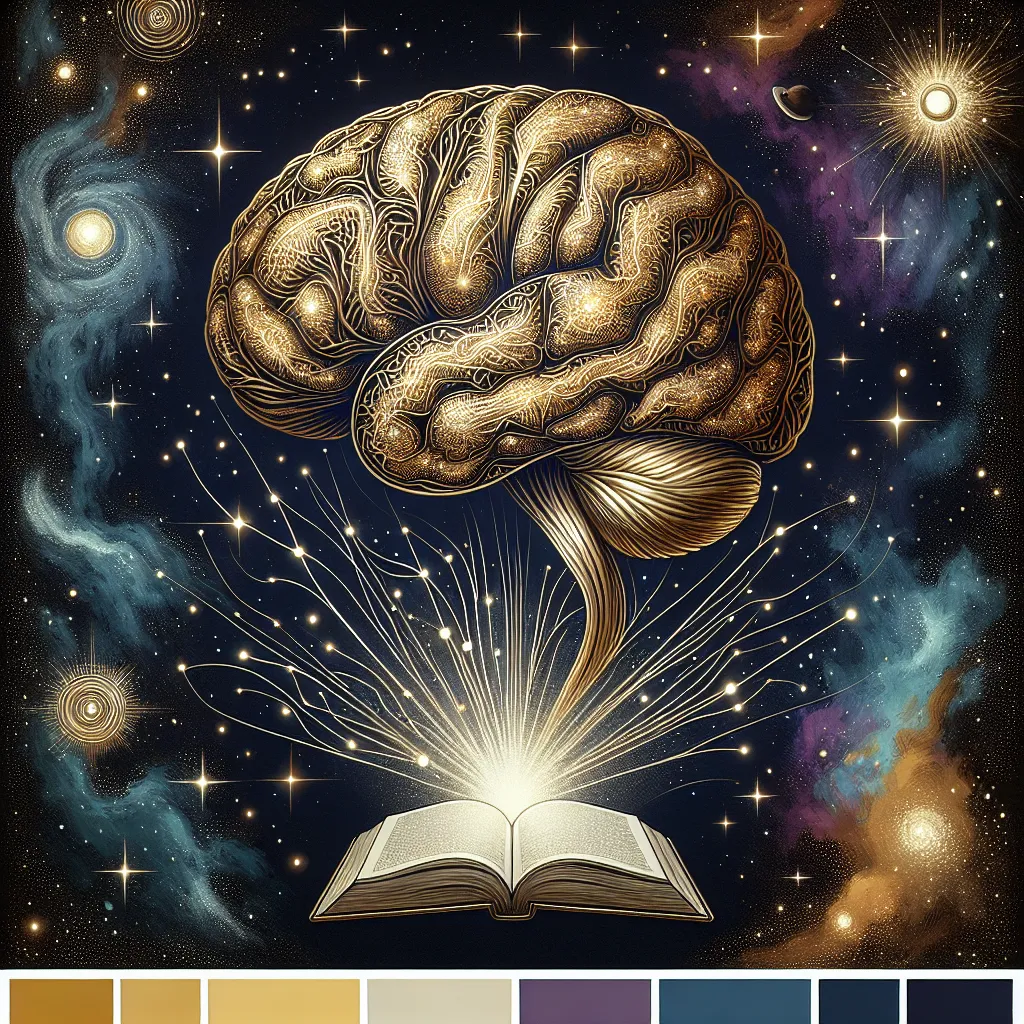Title: Let’s Talk about Cognition and Psychology: Understanding the Modern Mind
In our rapidly evolving digital age, understanding cognition and psychology has become more crucial than ever. These interconnected fields explore the fascinating landscape of human thought, behavior, and emotion, offering insights that are particularly relevant in today’s fast-paced world. Cognition encompasses the sophisticated mental processes involved in acquiring knowledge and understanding, including thinking, reasoning, remembering, and problem-solving—the building blocks of human intelligence. Psychology, the scientific study of mind and behavior, provides the framework through which we examine these cognitive processes, helping us understand everything from daily decision-making to complex emotional responses in our increasingly connected world.
If you want you know your own IQ, we have a free iq test here.
Modern cognitive psychology has evolved significantly with technological advances, offering unprecedented insights into how people think, learn, and process information. Recent research has revealed fascinating connections between digital technology use and cognitive processing, showing how our interactions with smartphones and social media are reshaping attention patterns and memory formation. Scientists now employ sophisticated research methods, including virtual reality environments and advanced behavioral tracking, to understand these internal thought processes more comprehensively.
The study of attention has gained new relevance in our digital era. Research shows that the average person now switches tasks every three minutes, highlighting the importance of understanding how attention mechanisms work in an increasingly distraction-rich environment. Modern theories of attention have expanded to include concepts like “continuous partial attention” and “digital attention spans,” reflecting how our cognitive processes adapt to contemporary challenges.
Recent developments in memory research have revealed fascinating insights into how our brains store and retrieve information in the digital age. Scientists have discovered that our reliance on smartphones and search engines is creating new patterns of memory formation, termed “the Google effect,” where we’re more likely to remember where to find information rather than the information itself. Understanding these memory systems is crucial for developing effective learning strategies in modern educational and professional settings.
Learning theory has evolved to incorporate new understanding of neuroplasticity—the brain’s ability to form and reorganize synaptic connections, especially in response to learning or experience. Educational psychology now emphasizes the importance of adaptive learning technologies and personalized education approaches, recognizing that individual cognitive styles significantly impact learning outcomes. Modern interpretations of classic theories, such as Piaget’s developmental stages and Vygotsky’s social learning concepts, have been enhanced by neuroscientific evidence and practical applications in digital learning environments.
The field of problem-solving and decision-making has been revolutionized by insights from behavioral economics and cognitive neuroscience. Research now shows how cognitive biases, emotional states, and environmental factors interact in complex ways to influence our choices. Understanding these processes has become particularly important in an era where we face unprecedented amounts of information and decisions daily.
The connection between cognition and emotion has emerged as a central focus in contemporary psychology, particularly as we understand more about the impact of digital technologies on mental health. New research highlights how social media usage affects emotional processing and cognitive performance, while advances in affective neuroscience reveal the intricate ways emotions influence decision-making and memory formation.
Language research has expanded to include digital communication forms, examining how texting, emoji use, and social media interactions are shaping modern language processing and expression. Psycholinguists now study how these new forms of communication affect brain development and social understanding, particularly in younger generations.
The study of mental imagery has gained new relevance with the emergence of augmented and virtual reality technologies. Researchers are exploring how these technologies interact with our natural ability to create mental representations, offering potential applications in therapy, education, and cognitive enhancement.
Neurocognitive research has been transformed by advanced imaging techniques and artificial intelligence analysis methods. Modern studies using high-resolution fMRI and real-time EEG monitoring provide unprecedented insights into brain activity during cognitive tasks, while machine learning algorithms help identify patterns in vast amounts of neurological data.
The field of artificial intelligence has evolved to include more sophisticated cognitive computing approaches, with new models attempting to replicate human-like reasoning and emotional intelligence. Recent developments in neural networks and deep learning are directly inspired by our understanding of human cognitive processes, creating more intuitive and adaptable AI systems.
Cognitive-behavioral therapy has expanded to include digital interventions and teletherapy options, making mental health support more accessible. New approaches incorporate mindfulness techniques and emotional regulation strategies, reflecting our growing understanding of the brain-behavior connection.
The cognitive-affective model has been enhanced by recent research in neuroplasticity and emotional intelligence, leading to more effective therapeutic approaches that recognize the inseparable nature of thought and emotion in mental health treatment.
In conclusion, the study of cognition and psychology continues to evolve, shaped by technological advances and new understanding of the human mind. As we face new challenges in our digital age, from information overload to changing social dynamics, these fields provide essential insights into human behavior and mental processes. The ongoing integration of traditional psychological theory with modern neuroscience and technology promises to further advance our understanding of the remarkable complexity of human consciousness and behavior.




Leave a Comment